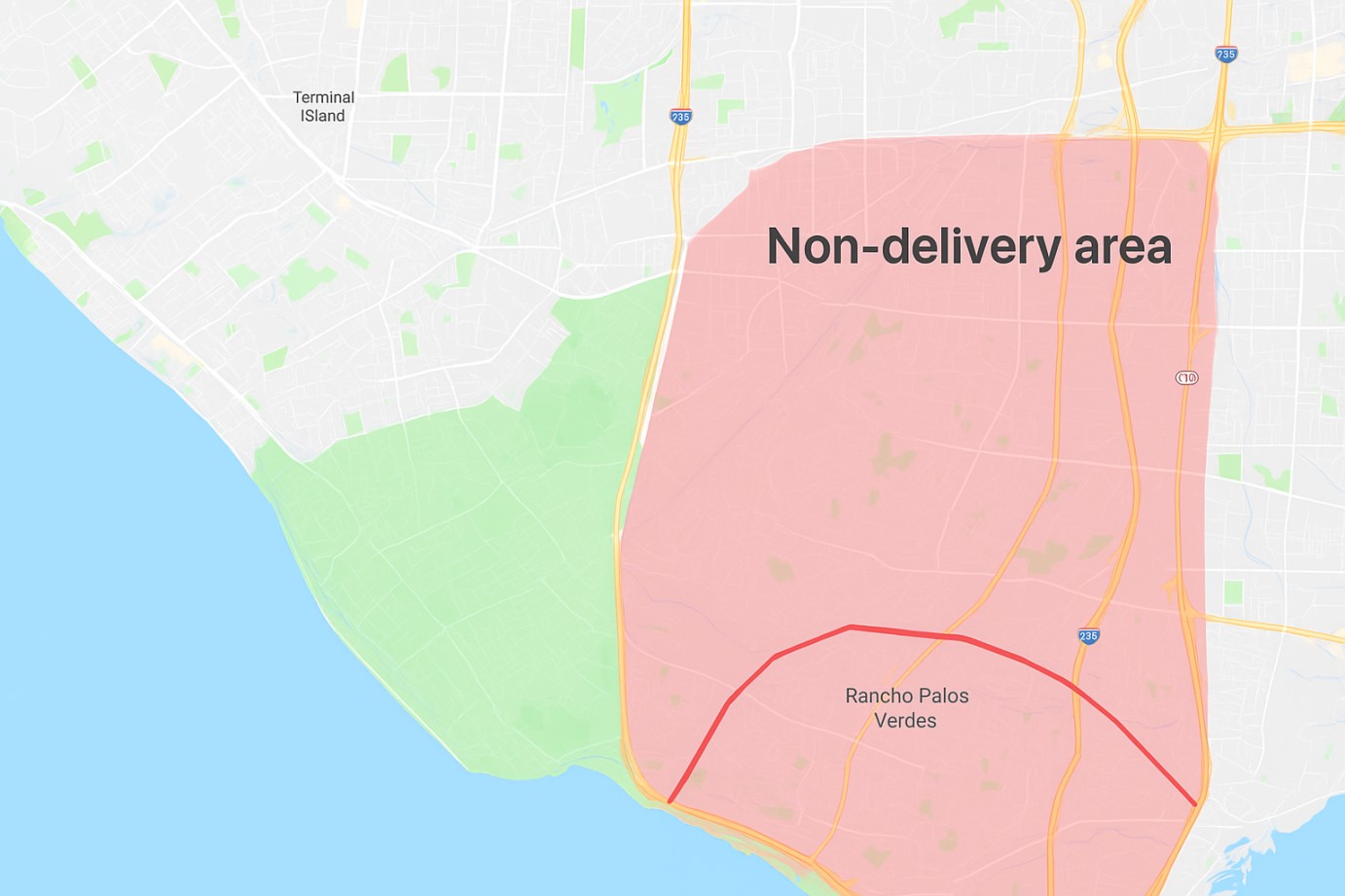This website uses cookies so that we can provide you with the best user experience possible. Cookie information is stored in your browser and performs functions such as recognising you when you return to our website and helping our team to understand which sections of the website you find most interesting and useful.
To use the list_pages filter, you first register it using add_filter. This can be done in your theme’s functions.php file or, ideally, in a custom WordPress Plugin. WePlugins always suggests using a custom plugin to safeguard your changes during theme updates.
Now, let’s dive into some live examples of how you can use this hook:
Example 1: Basic Usage of list_pages Filter
Here’s a basic example demonstrating how to use the list_pages filter to modify the page title.
function weplugins_modify_list_pages_defaults($title, $page) {
// Update the $title variable according to your website requirements.
return $title;
}
// add the filter
add_filter("list_pages", "weplugins_modify_list_pages_defaults", 10, 2);
Example 2: Conditional Title Modification
In this example, we show how you can modify the $title conditionally based on the page data.
function weplugins_conditional_modify_list_pages($title, $page) {
if ($page->ID == 42) { // Just an example condition
$title .= ' - Special Page';
}
return $title;
}
add_filter("list_pages", "weplugins_conditional_modify_list_pages", 10, 2);
Example 3: Removing the filter
There might be scenarios where you need to remove a registered hook. Here’s how you can do it.
remove_filter("list_pages", "weplugins_modify_list_pages_defaults", 10, 2);
Ensure you provide the same callback function name, priority, and number of arguments while removing the hook callback.
- $title: (string) Page title.
- $page: (WP_Post) Page data object.
Explore the latest in WordPress
Trying to stay on top of it all? Get the best tools, resources and inspiration sent to your inbox every Wednesday.




